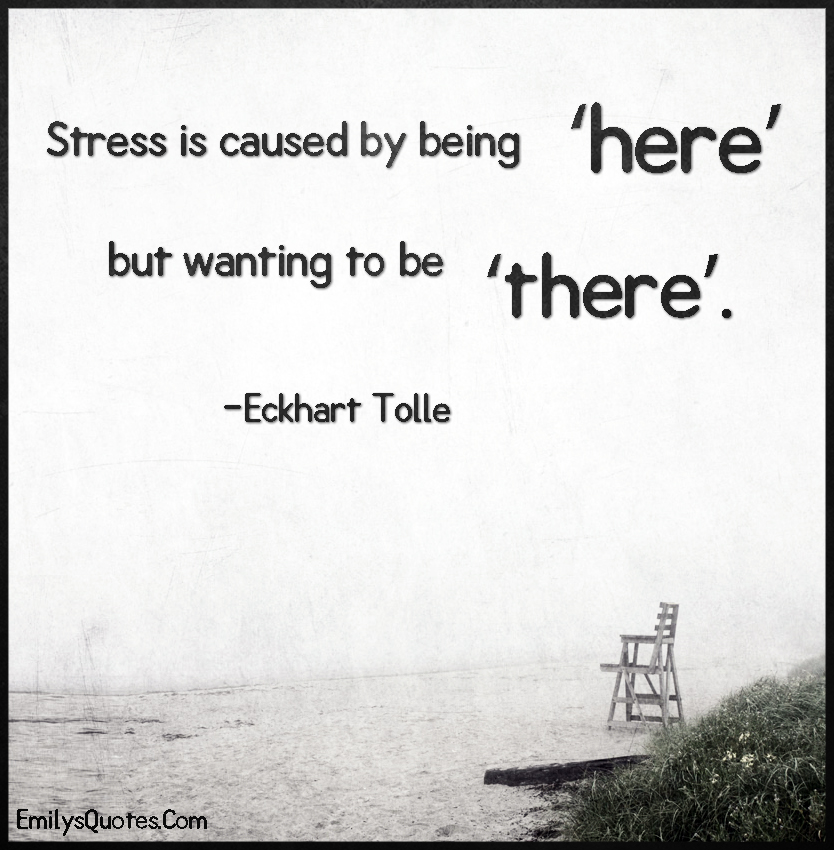Dr Rangan Chatterjee chats with Dr Gabor Maté about his radical findings based on decades of work with patients. We’re currently living in a culture that doesn’t meet our human needs. Maté and Chatterjee delve into how our emotional stress can translate into physical chronic illnesses, and how loneliness and a lack of meaningful connection are on the rise, as are the rates of autoimmune disease and addiction.
Related Post
Three rules for identifying abnormal child sexual behavioursThree rules for identifying abnormal child sexual behaviours
Retrieved and edited 06/12/2021 from “Voice of Experience: Three rules for identifying abnormal child sexual behaviors” by Gregory K. Moffatt, a veteran counsellor with more than 30 years experience. If you are a survivor of sexual trauma at any age, I encourage you not to read this article.
From the perspective of Moffatt’s professional experience, childhood sexual behaviours can be grouped into three categories: 1. normal behaviours, 2. behaviours that are not normal but not unusual, and 3. behaviours that are abnormal or statistically rare. For the purpose of this post, I will be replacing the word “normal” with “natural” and/or “common” moving forward.
Rule No. 1: Natural or common sexual behaviours in children are never forced. The exploration is mutual. While one child likely had the idea first, both children must participate freely. This doesn’t mean that two children might willingly agree to engage in abnormal sexual behaviours, however, therefore read the next to rules for clarification.
Rule No. 2: Natural or common sexual behaviours in children are never painful. Children who behave within cultural and developmental norms will stop what they are doing when they realise they have caused pain.
Rule No. 3: Natural or common sexual behaviour in children is never invasive. Natural childhood curiosity does not include inserting objects or one’s own body parts into the cavities of others — anus, vagina, mouth, etc.
I’m unsure why Moffatt didn’t make this a 4th rule – he did add that most of the time, this type of childhood behaviour occurs between children of similar age. It is highly unusual for a young child to sexually engage with a teen without violating one of the three rules above. That behaviour definitely calls for further investigation. And, certainly, any sexual interaction between an adult and a child is cause for mandated reporting.


